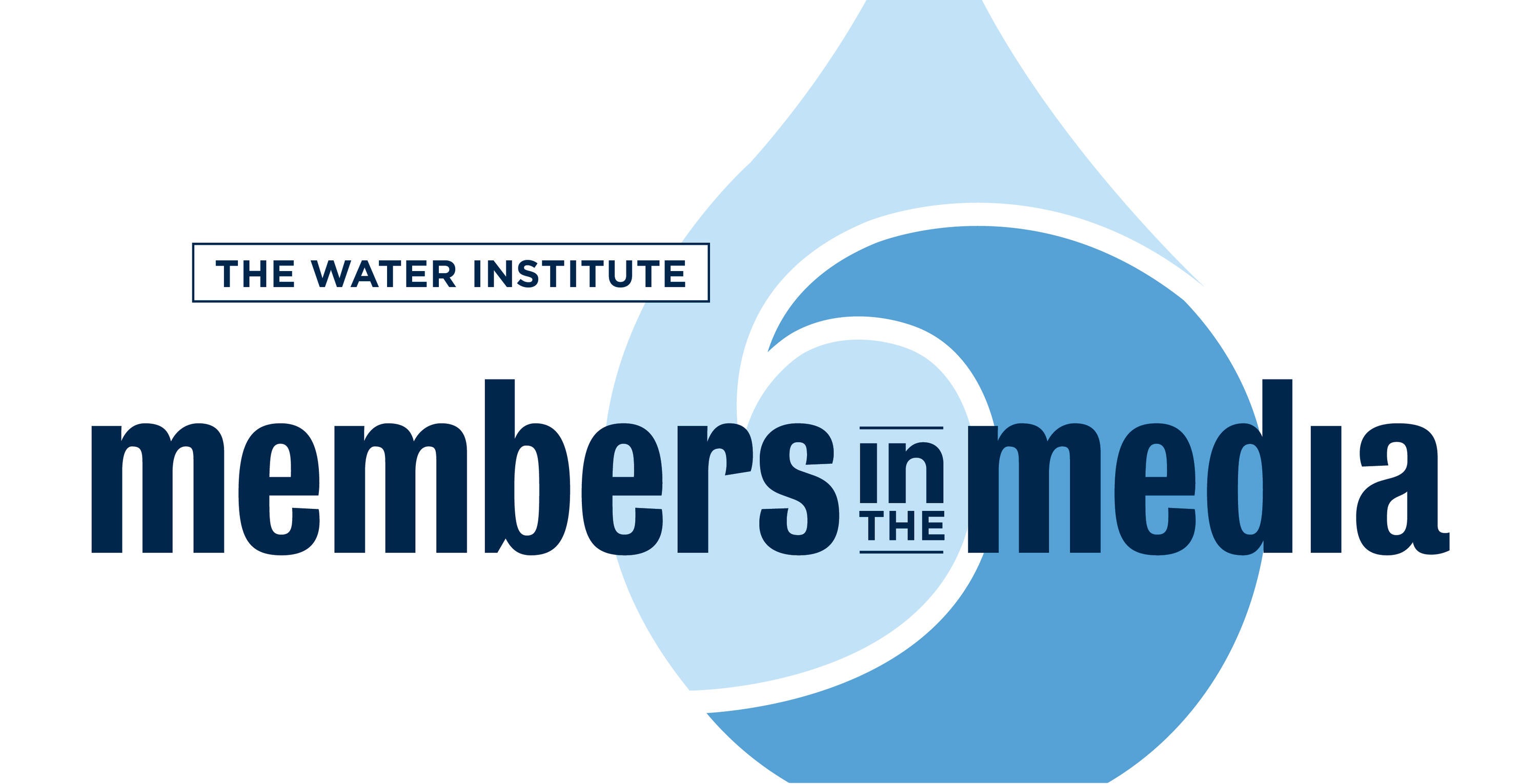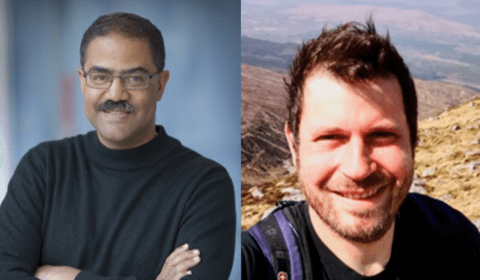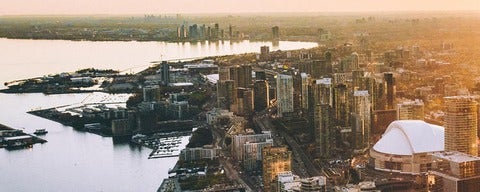In the media: Ethiopia’s controversial mega-dam

Water Institute executive director Roy Brouwer, professor in the Department of Economics and University of Waterloo Research Chair in Water Resources Economics, appeared on the Al Jazeera nine o’clock news this week to discuss his views on the situation surrounding the Grand Ethiopian Renaissance Dam (GERD).



 Water Institute and Interdisciplinary Centre on Climate Change (IC3) members and Waterloo Professors
Water Institute and Interdisciplinary Centre on Climate Change (IC3) members and Waterloo Professors 
